Samsung SS805 SSD
Solid State Drives (SSDs) have many advantages over conventional hard drives like their faster access time, lower power consumption and silence while running. The read speed of SSD drives can be compared to those fast 15,000-rpm state of the art hard drives.
The only real downside of SSDs was their rather low write speed which was especially true for last generation's drives. This is quickly changing with the release of this generation's SSDs that have a twice as fast write speed as last generation thanks to multiple parallel channels and interleaving single-layer cell NAND flash memory.
Samsung has announced a state of the art SSD that is aiming for a release in the first quarter of 2009. The Samsung SS805 Solid State Drive will offer 100 Gigabytes of storage space with a sustained sequential read rate of up to 250MB/sec. and a sustained sequential write rate of up to 170MB/sec.
To put that in comparison. The OCZ Core Series II SSD drive that I bought last year had a sustained sequential read rate of up to 170 MB/sec. and a sustained sequential write rate of up to 98MB/sec. and won almost every read speed benchmark at that time.
Samsung's SS805 SSD will increase the read speed by about 50% and the write speed by almost 100% in comparison. The only factor that could play a role in the drive's success is the retail price of the device.
Intel's 32 Gigabyte X25 Solid State Drive retails currently for a price of $650-700 at most online shops.
The SS805 SSD is therefor aiming at the enterprise market but hints at what the consumer market will see in the near future.
Advertisement
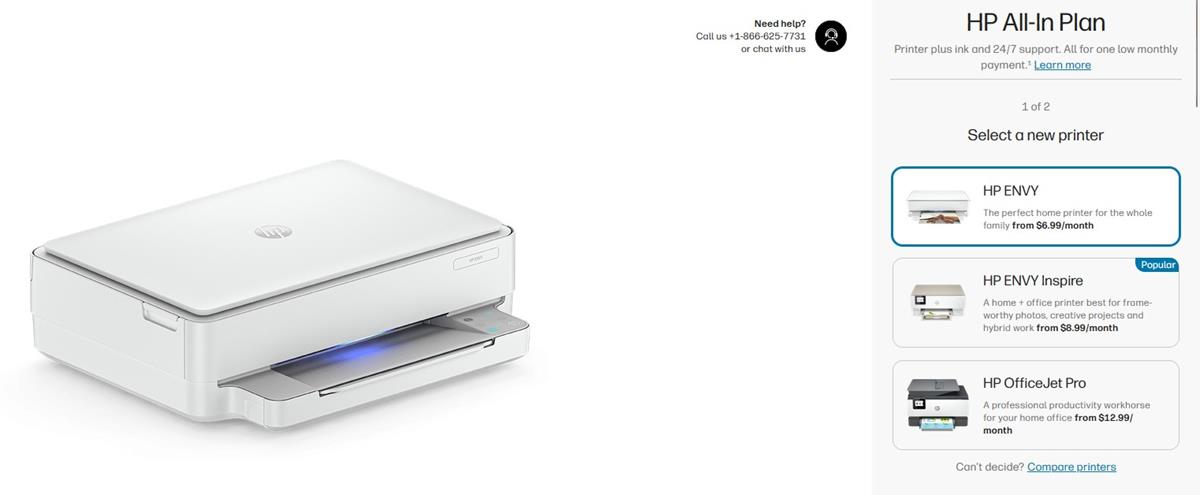
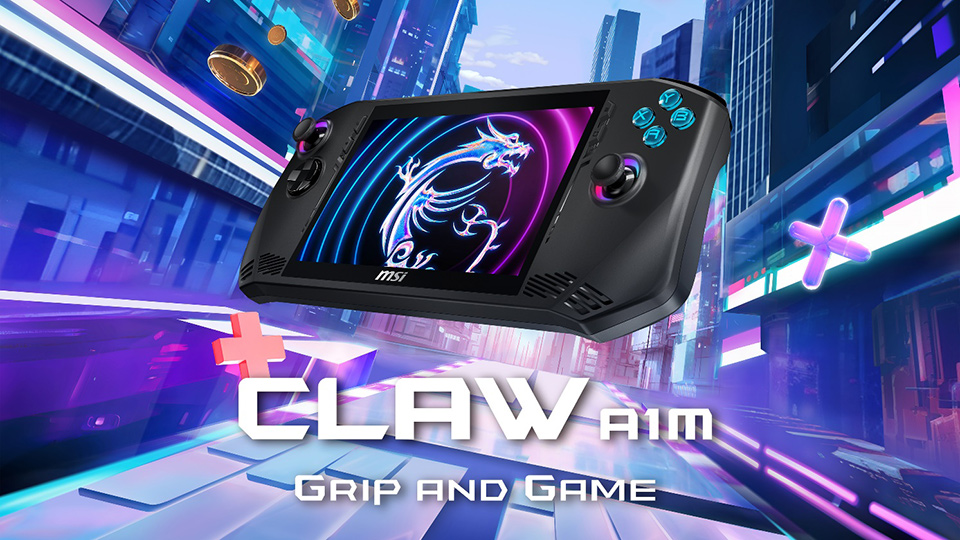


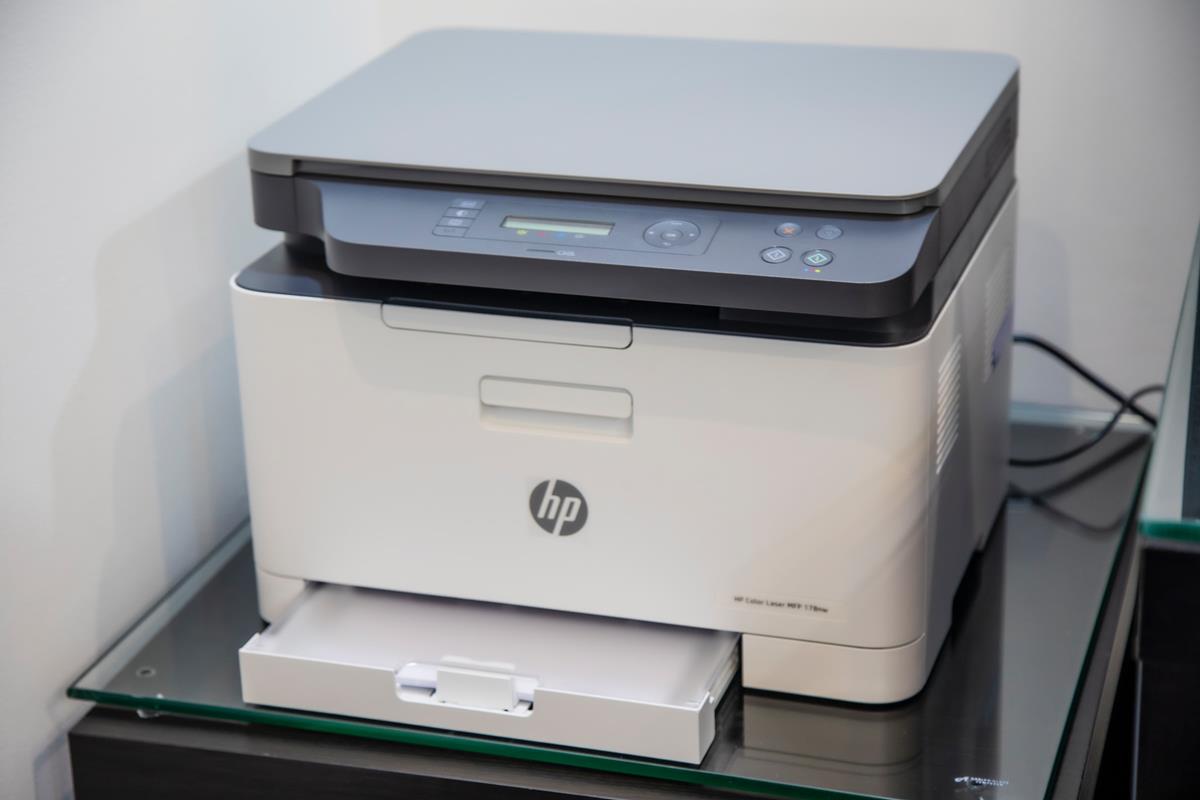
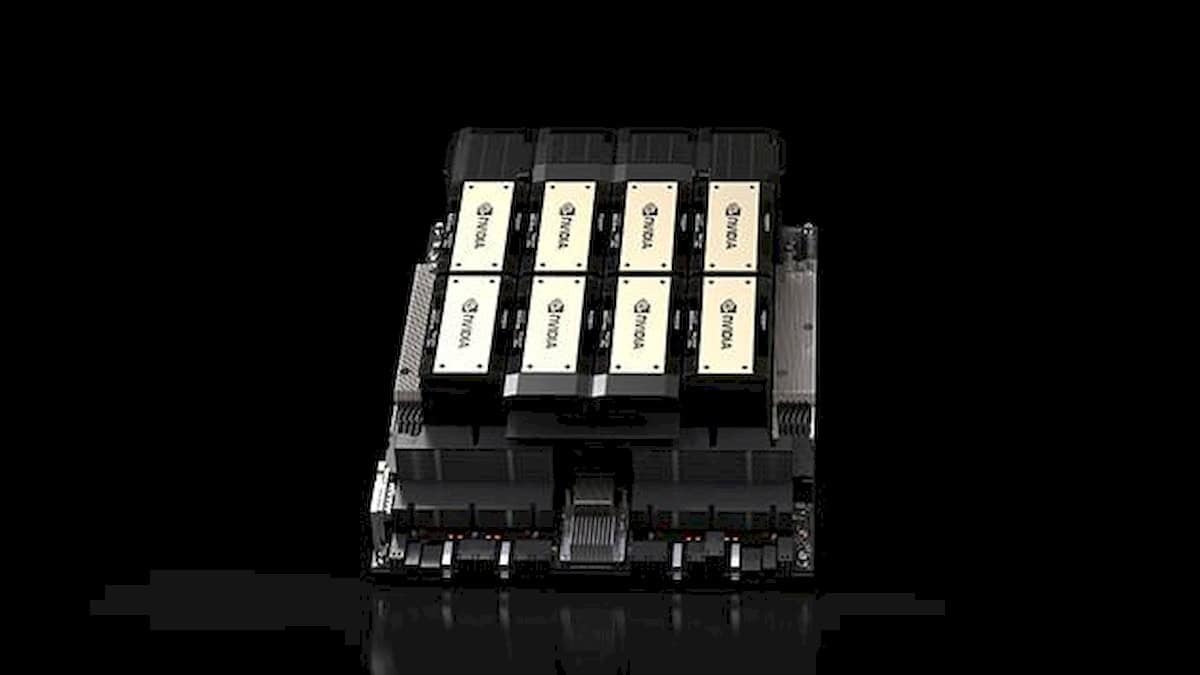
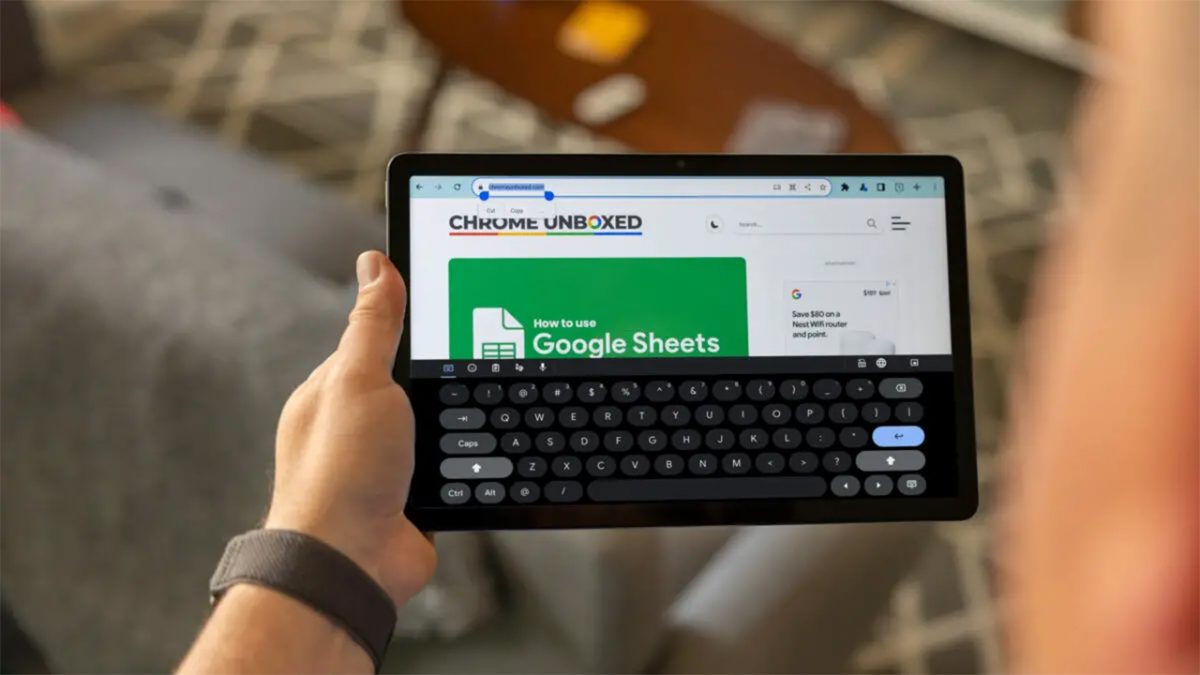
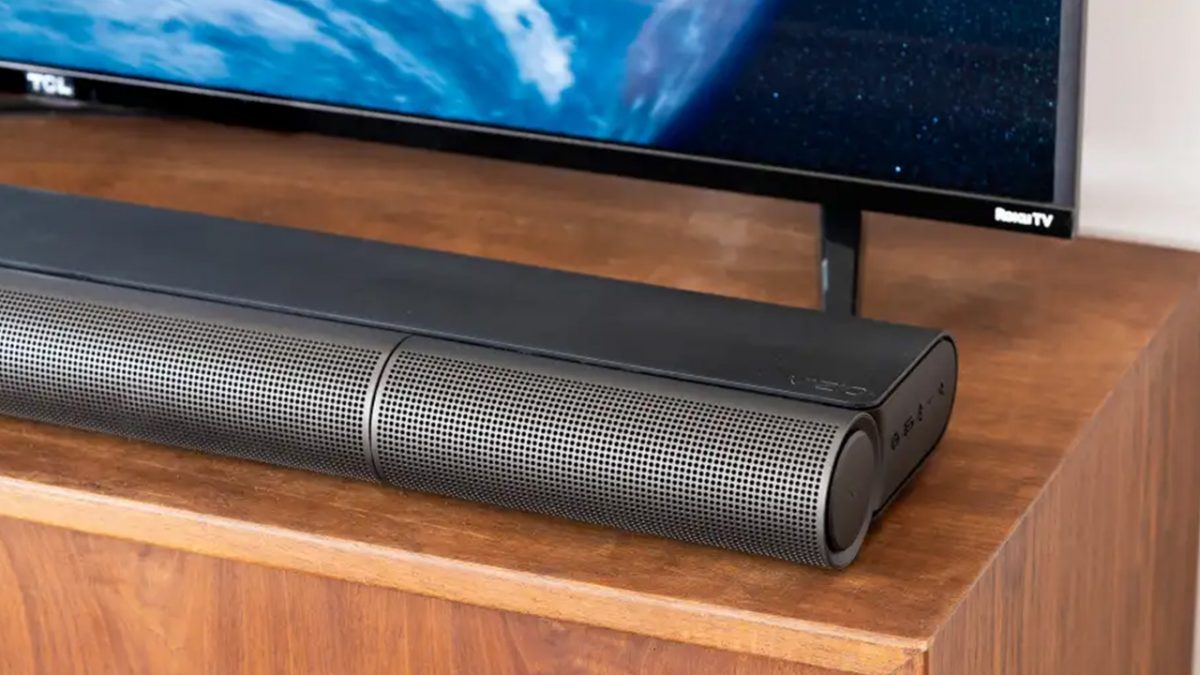
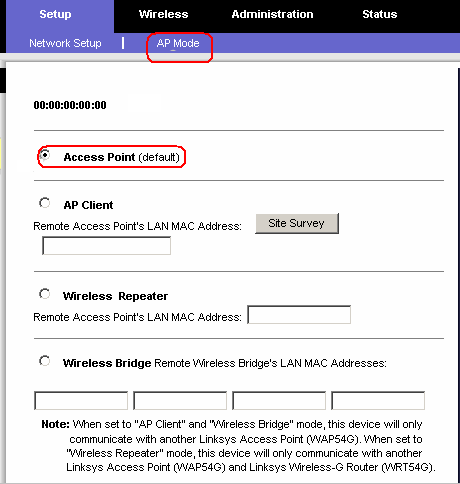
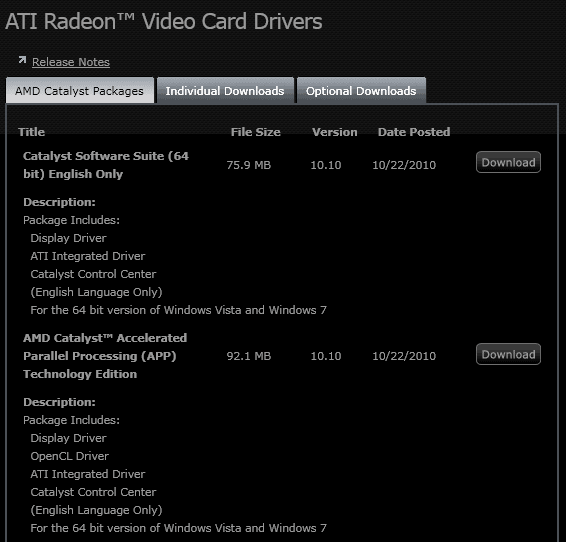











Martin, I got brand new PC :) I have to say, that HD Tune shows read speed about 230MB/s when block size is 1MB. But with block size 64KB read speed is 130MB/s. The thing I want to point is, that my second HDD drive with 64KB and 1MB block size always got 70MB/s. That means, that SSD drive has other speed problem. Even with 100x better Random Access Times than HDD it does not handle small blocks well. And real world test shows, that SSD on my computer are faster than HDD, but not as much as their specification claims.
Martin, I got two OCZ Solid 30GB disk and I have to say, that MB/s of this drives is a lie. When HDD has 70MB/s read speed, it is 70MB/s. I got 2x155MB/s SSD drivers, and read speed is about 130MB/s. Where’s the math?
Thinker many hardware developers post figures that are rarely reached. It does depend on other components as well. If you got a blazing fast video card but a slow cpu you will not experience the speed advertised. I can only say that I’m more than happy with the read speed of the OCZ Series II SSD drive but that the write speed (or the consequences of that write speed) forced me to move write intensive tasks (temp, pagefile) to another directory.
You may not be familiar with articles from Tom’s Hardware http://www.tomshardware.com/reviews/ssd-hdd-battery,1955.html and http://www.tomshardware.com/reviews/ssd-hard-drive,1968.html that debunk the myth that SSD drives consume less power than spinning platter drives with heads. The latter mentioned technology has been very much refined (version 9, anyone?) that they already have managed to squeeze every bit of power-saving technique out of spinning those platters and moving those heads. In the meantime, the usual SSD consistently eats up the same amount of watts even when the host system is idle.
The performance on the current SSD technology still doesn’t hold up on its promises for all-aspect-gains over the older platter-and-head technology. I still agree that SSD is the future though, but there may need to be some radical changes too with respect to its interfacing with its host system.
Why are SSD drive so expensive? 16 GB flash drives are available for $25 on ebay. You could have 32 GB for $50. Lets say, double that for the sata support and larger case. Where does the rest of the money go?
These SSD drives look promising, but for now I can’t justify it over my 2-640GB Samsung Spinpoint drives in a RAID 0 array. Frankly, I haven’t owned a board without RAID since the 90’s.
Nice! But will have to wait until the price drops significantly.
Though reminds me of the days back around 1995 when I paid $650 for a 1GB SCSI drive! 1GB was a good amount of hard disk storage back then. :)
Yeah that’s probably a similar situation although you got the conventional hard drive alternative these days but back then you had nothing. Well, except floppy disks.
I’m really glad that I bought the OCZ Core Series II SSD with 32 Gigabytes. It has an incredible performance once you move many of the write processes to a different drive. A drive with a better write speed would really be appreciated to take advantage of it even more.